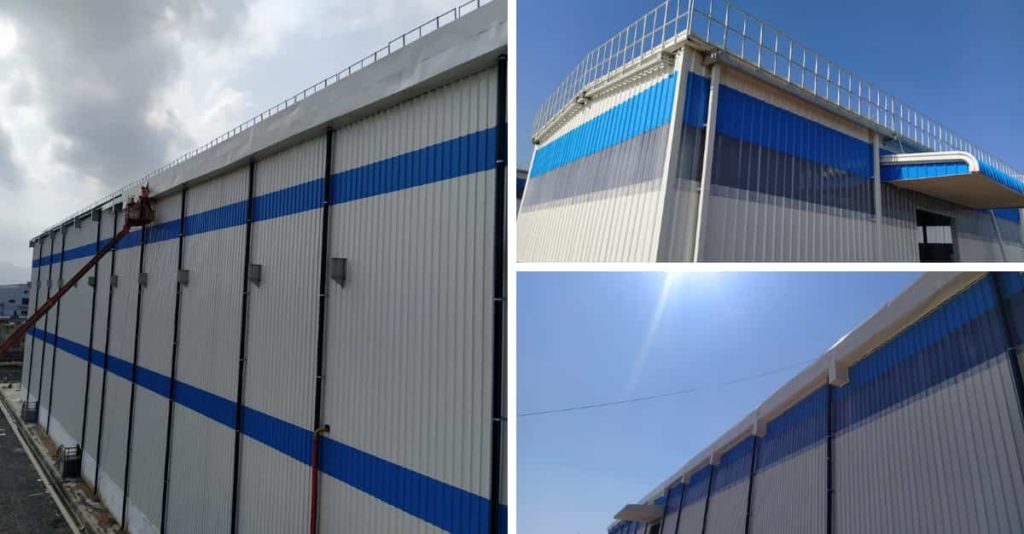What is rainwater harvesting?
A rainwater harvesting system is a technology to collect and store rainwater that runs off from rooftops, roads, parking. Usually, civil consultant companies design rainwater harvesting systems along with the design of site infrastructure. As a result, it helps in a proper stormwater drain for the facility.
Rooftops, open areas, parking are the most common catchment areas for rainwater. This rainwater is then collected in a collection tank or underground tank. This water can be used for landscaping, flushing and cleaning. Civil consultant companies can design a rainwater harvesting system based on whether the rainwater is used for further use or recharging the groundwater.
Why rainwater harvesting?
Rainwater Harvesting is a must in industries. Some of the benefits are:
- Rainwater is a good source of freshwater
- RWH is a must for statutory compliance
- It helps meet the water needs
- Rainwater harvesting reduces flooding
- To recharge the groundwater.
- To improve the quality of groundwater.
Why is a geophysical survey necessary for designing RWH?
Finding the most favourable locations for recharging the groundwater is necessary. So, a geophysical survey helps locate such places.
Recharging groundwater
The rainwater recharges the groundwater through injection borewells. The injection borewell helps water to reach fractures in the rock. Civil consultant companies design for a silt chamber before the bore well ensures that leaves, silt, dirt, plastics do not pass through the injection borewell. Also, the maintenance of a silt trap is necessary to avoid clogging. A clean rooftop ensures that the silt trap remains clean. Moreover, the benefits of recharging the groundwater include improved quality of groundwater reduced chances of flooding and waterlogging.
Collection of rainwater for reuse
Another way of harvesting is to collect and store in tanks for reuse at a later stage. The capacity of the tank depends on the water requirements. Submersible pumps can be provided in these tanks. Like in recharge, the collected water passes through a filter that ensures that the water reaching the tank is of good quality. Moreover, benefits include a collection of water for reuse and reduced chances of flooding.
Conclusion
Rainwater harvesting is a must for industries as it not only provides for a clean water source but also prevents flooding and improved groundwater quality. Furthermore, civil consultant companies should go for a geophysical survey of the property and design a rainwater harvesting system.




